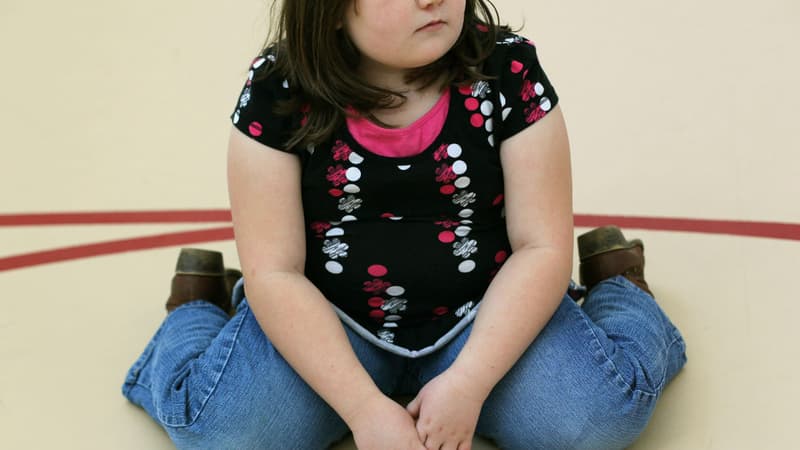Dietary assessment, nutritional follow-up or even psychological follow-up… L’Assurance Maladie has launched “Retrouve ton cap”, a system for overweight or obese children from 3 to 12 years of age, who will be able to benefit from total care, without advance costs for part of the family or fee overruns.
In France, 17% of young people between the ages of 6 and 17 are overweight and 4% of them are even obese. To prevent childhood overweight and obesity, which has become a major public health problem, children between the ages of 3 and 12 will now benefit from monitoring.
Children who are overweight or non-complex obese (with a BMI between 25 and 30) will benefit, over a period of two years, from a dietary, psychological and physical activity evaluation. During this period, up to six nutritional and/or psychological follow-up sessions are possible, renewable twice.
“Attention is prescribed by the child’s doctor”, specifies the Health Insurance, then the follow-up will be ensured by one of the 260 referenced structures (homes or health centers), whose list is updated every month in the ameli. website fr.
Do not impose a diet.
“Overweight and obesity are proven risk factors for a number of diseases, including cardiovascular disease, cancer and diabetes,” writes L’Assurance Maladie.
The aim of the device is to help both the child and his family to improve life habits that have an impact on health, for example in eating, regular physical activity, sleep or even exposure to the screen.
“It is not a matter of imposing a diet to lose weight on the child, which is also considered ineffective and sometimes dangerous, but of taking it less quickly, which will allow him to slim down while he continues to grow,” adds the Health Insurance.
“Actually, obesity is genetic, you have to fight against its nature (…), against permanent hunger and that’s what’s difficult,” explains Patrick Tounian, head of the pediatric department at the Trousseau hospital, on BFMTV.
“We believe that a child is fat because he eats too much fast food, because he doesn’t do enough sports, because his parents are lazy… We have a very guilty image and it is that look that I would like to see change”, he continues.
three years of experimentation
This system was launched after being the subject of a three-year experiment in Seine-Saint-Denis, Réunion and Nord-Pas-de-Calais. 2086 children were included in the experiment in almost 50 structures.
Most of the children included were girls (60%) and the average age was between 6 and 7 years. 70% of the children included were already obese at the time of inclusion.
One in two children saw their situation improve at the end of this follow-up and 82% of the children managed to change at least one lifestyle habit: 55% of the children eat less between the 4 main meals, 43% eat more fruit and vegetables often, 44% drink sugary drinks less often with meals.
Above all, the experiment revealed that 9 out of 10 overweight or obese children accessed treatment for their problem for the first time.
Source: BFM TV


